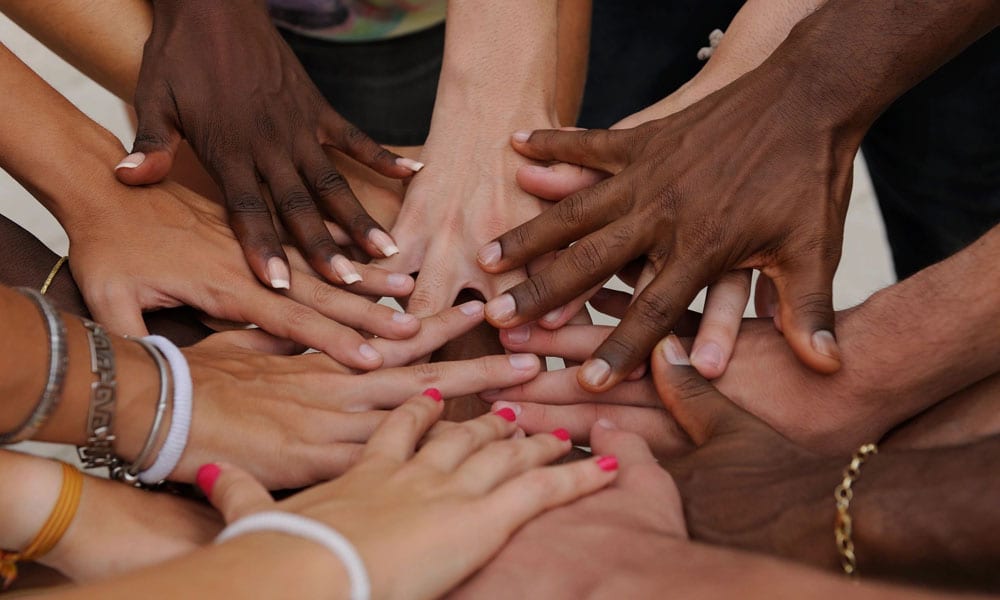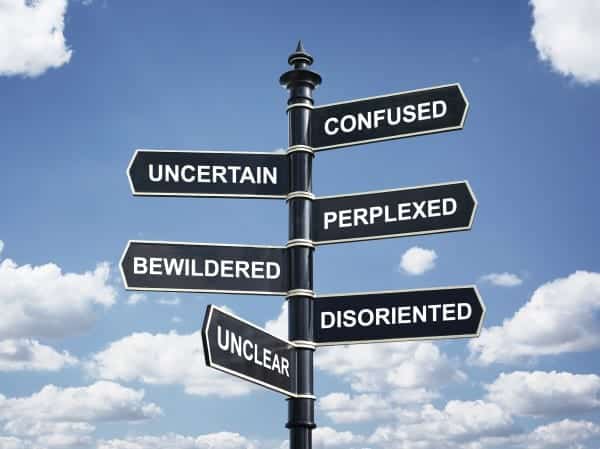Your cart is currently empty!

New WFS Meeting – Los Alamitos, CA (Wednesday)
WFS is proud to announce the start of a new face-to-face meeting! Los Alamitos, CA Wednesdays at 6:30 PM Please email [email protected] with questions and to obtain the exact location of the meeting. Please join us in extending our gratitude to the volunteer Certified Moderator who has made the commitment






